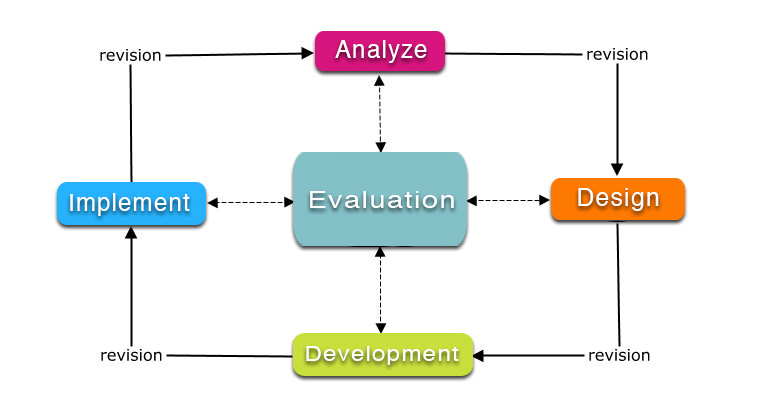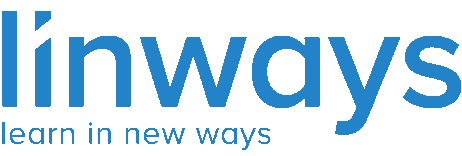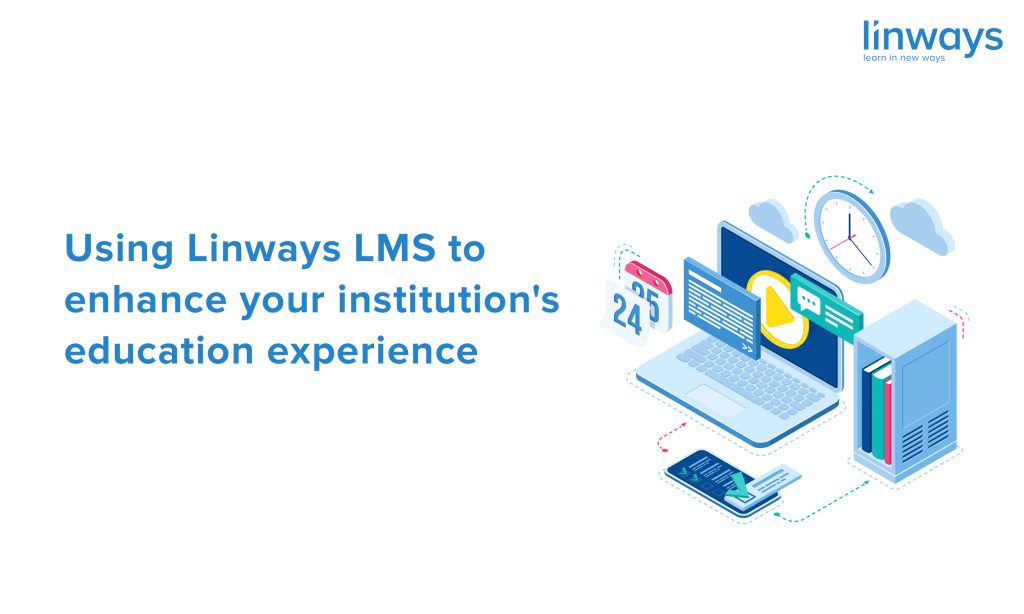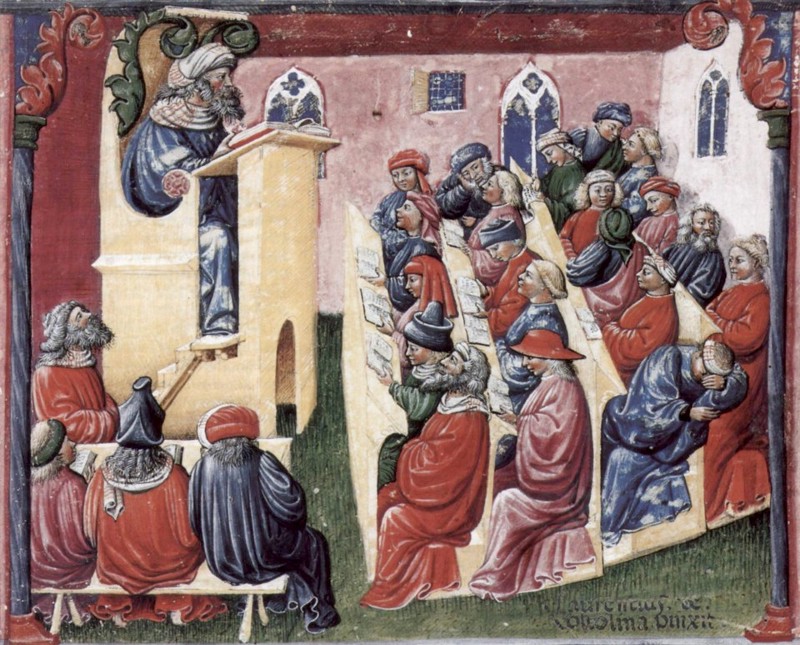Education is not the learning of facts, but the training of minds to think.
-Albert Einstein.
We’ve now reached at the second blog of our series, on ‘the Indian educational system in the recent context’. Previously, we’ve discussed about some of the areas in our educational terrain that might need some improvements:

So we decided to do some research on this and we found some interesting things which we like to share.
Now, let’s move on to a few of those improvements that might actually brighten the horizon over those issues; what those are and how they work.
Change is not good!!??
It’s evident for most of us that our current system needs some serious upgrades. It does not provide enough skills in applying what one have learned. In fact, our system was designed according to the professional parameters of the previous century. Since then, not much have changed (well not much except the teaching materials; but not the ‘teaching’).
But despite the inertia, new possibilities and creative techniques are introduced frequently in our educational sector. So, modifying our current system by continuously evaluating and introducing outcome based teaching mechanisms might trigger a positive impact that we yearn.
Focus up
The focus on designing an effective and skill inducing curriculum should mainly be on the systematic distribution of basic knowledge categories throughout the syllabus.the process of teaching should be based on the well defined cognitive processes and knowledge categories. A student, after completing the course, should be equipped with each of those necessary divisions of knowledge. There are actually eight of them.
The most basic categorizations based on knowledge accusations are: Factual knowledge, Conceptual knowledge, Procedural knowledge, and Metacognitive knowledge. And when it comes to the engineering perspective, there are four more further divisions among these. Namely, the Fundamental Design Principles, the Criteria and Specification, the Practical Constraints, and the Design Instrumentalities.
Also, it should be continuously evaluated by the authorities responsible that these are properly transmitted to the students, the primary recipients of these knowledge skills. This could be ensured by implementing the concepts of cognitive processes.Many of the educational theories, we see nowadays, are based on the ADDIE model.
The ADDIE framework or the ADDIE model is a framework that lists some processes that designers and developers use.

Outcome Based Education(OBE)
There is an educational theory, namely the Outcome Based Education(OBE), which focuses on the skills and results achieved by the student as the most important aspect of education. It finds the mark/grade based educational system irrelevant and does not rely on the conventional teaching methods. OBE believes, instead of rankings and exams, the use of assessments, opportunities and classroom experiences should all provide necessary support for the students to achieve their goals.
There are some things…
This brings out the importance of continuous evaluation. Every time we take a few steps, we need to take a moment to stand still and assert what we have achieved, and what we need. This gives room for improvisations and quality improvements, which are essential in education. To have a general idea about this technique helps you to build a more clear perspective about our educational sector. There are several private and government organizations and panels that work to fulfill this dream of developing effective course-designing mechanisms based on these theories like:
ABET, accredits college and university programs in the field of applied science, computing, engineering, and engineering technology at the bachelor, associate, and master degree levels. With ABET accreditation, students, employers, can be confident that a program meets the quality standards that produce graduates who are accepted globally.
The Washington accord is an international agreement between different bodies that accredits the engineering and other technical undergrad programs. Their main objective is to recognize and facilitate the standardization of professional courses which is accredited by its member bodies. The WA has 17 member bodies representing their respective countries along with 7 provisional members who may become permanent members. India has become a signatory member of this accord on 13th June 2014. The National Board of Accreditation(NBA) is the signatory body that represents India. We wrote a detailed article on Washington accord, you can read it here.
Now all these things have something in common……..
They all propose one of the most effective methods in error-proofing called ‘Continuous Evaluation’. But, that is a whole different topic all by itself and we are looking forward in discussing it later in our next blog…




